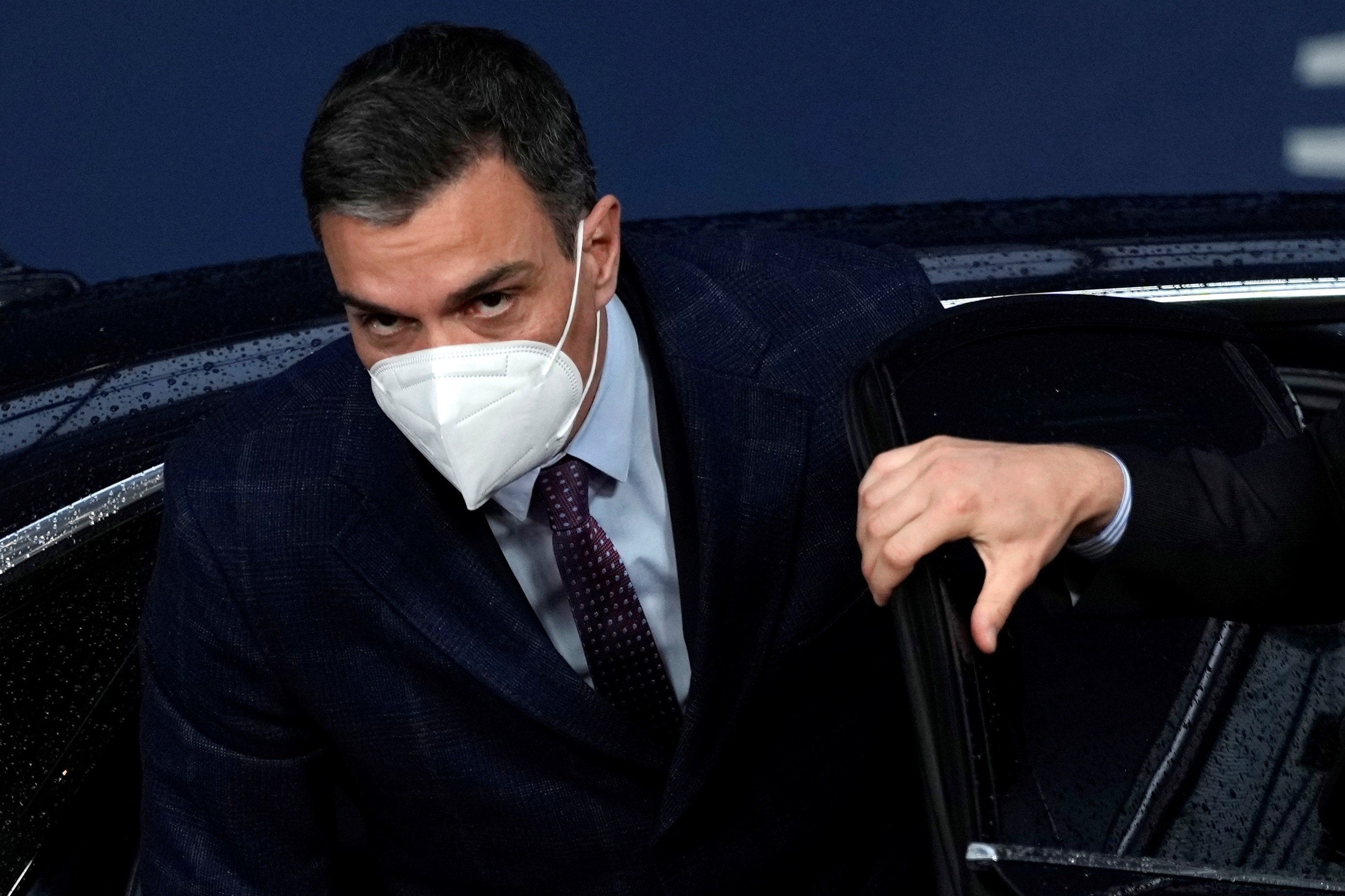This week, Spain's Supreme Court intends to issue its report on the proposed pardons for the nine pro-independence political prisoners. And at the government palace in Madrid they appear to be preparing the ground to grant the pardons - whether they are likely to be total or partial, it is not clear. This Tuesday, from Brussels, Pedro Sánchez has already paved the way. He didn't say it directly, but the prime minister pointed out as many as three times that "vengeance and revenge" are not among the "constitutional values" he defends. Instead, the qualities that do have a place in Spain's supreme law are "concord, understanding, dialogue and respect for the law." And these are the values which will guide the decision on the granting of grace. This was the response of the PSOE leader to the media offensive by the Spanish right, which has already threatened to go to the courts if the pro-independence leaders are released.
At a press conference after today's European Council meeting, the PM demanded loyalty from the opposition - the same, he said, as he himself showed in 2017 to the then-PP government when it wanted to impose direct rule on Catalonia via Article 155. And coming back to 2021 and the possible pardons, Sanchez said he was "very clear that the decision to be taken will take close account of constitutional values like concord, dialogue, understanding and the overcoming of this crisis". By contrast, he said, "for me, revenge and vengeance are not constitutional principles."
The Socialist leader reiterated his point, and the second time addressed the right-wing parties that are threatening to go to the Supreme Court if pardons are granted. "Although there are parties and people who legitimately defend other theses, I believe that neither revenge nor vengeance are among our constitutional values, while concord, dialogue, respect for the laws and the constitution, are present" said Pedro Sánchez.
He affirmed he was going to "embrace these constitutional values" and demanded "not to get caught up in revenge and vengeance." He also repeatedly said that "it is very important to look to the future" and "learn from the mistakes of the past." Now the solution has to be found in dialogue, he argued.
And the PM demanded loyalty from the main opposition party. "I supported the approval of Article 155 to suspend the autonomy of the Generalitat of Catalonia in order to defend the territorial integrity of the country and because I understood that it was a matter of state," stressed the Socialist leader. "I wish I had the loyalty that Mariano Rajoy received from the PSOE," he said.
Sánchez's statements in Brussels are part of a strategy of chipping away at objections to the pardons, and other members of his government are also sharing in the labour. If yesterday it was justice minister Juan Carlos Campo, who asserted that his government's decision on the pardons should be accepted with "naturalness" - whether it was favourable or unfavourable, total or partial - today the government spokesperson María Jesús Montero carried the torch and said that the decision would be made taking into account "the general interest of Spain".
Dialogue table, "when it is possible"
Undoubtedly, Pedro Sánchez exhibited a much more conciliatory tone today towards Catalan independence than on other occasions. He offered a similar air with regard to meetings with the new Catalan government. First, he stressed that he would receive president Pere Aragonès at the Moncloa government palace "as is appropriate" when a parliament elects a regional president. Secondly, he referred directly to the dialogue table, which has been gathering dust for more than a year. "We have a table and the ambition to promote reencounter among Catalans, and between Catalans and the rest of the Spaniards", asserted the Spanish prime minister. He reiterated his commitment to call the table to meet "when it is possible".

